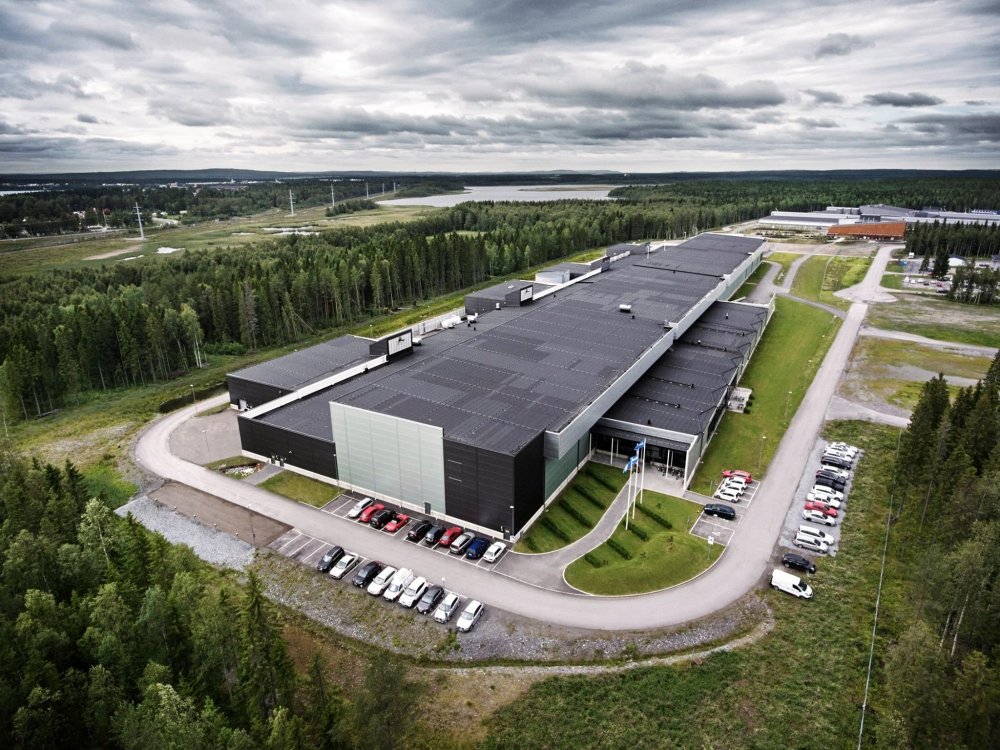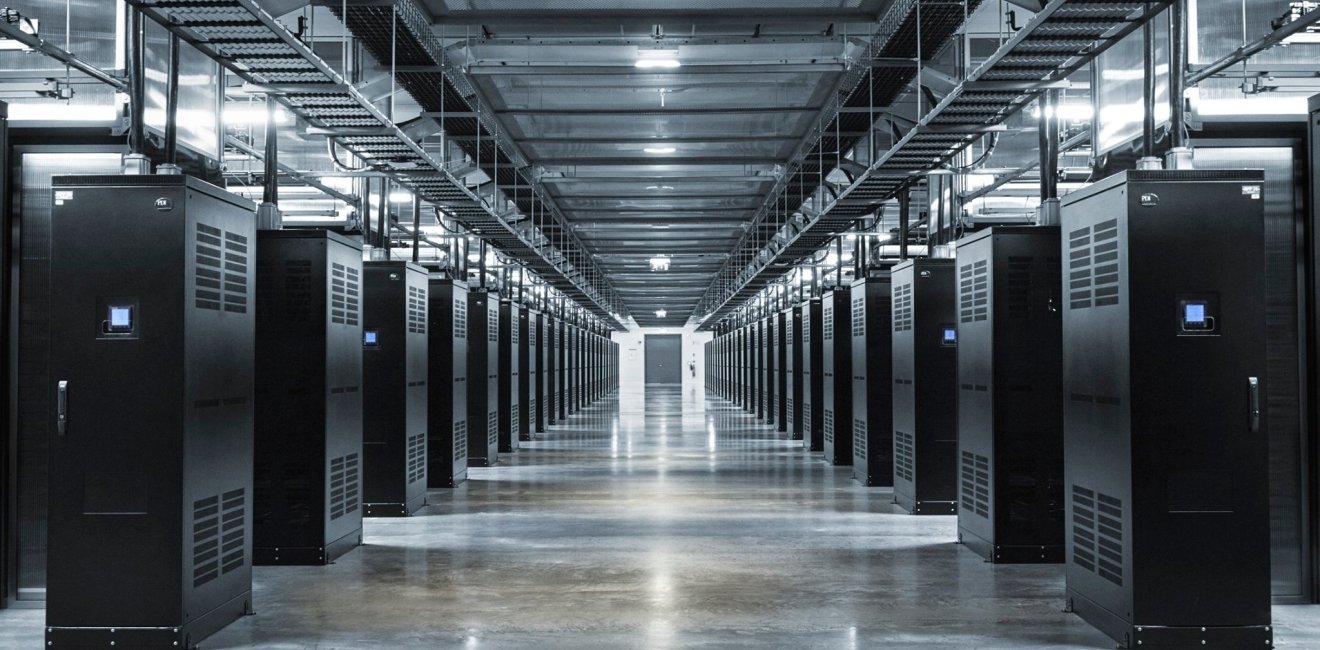The Swedish Armed Forces’ recently released study on Sweden's evolving strategic role is yet another timely reminder of the growing prominence of geopolitical thinking amongst the country’s elites and decision makers. It’s why General Micael Bydén, Sweden’s Supreme Commander, has made a remarkable request: to establish a new military unit in the Arctic city of Kiruna.
On the one hand, the rationale behind General Bydén’s proposal can be seen as a sober response to the Nordic nation’s changed geo-strategic reality. Russia’s invasion of Ukraine and Sweden’s subsequent decision to join the North Atlantic Treaty Organisation (NATO justify such re-posturing for two reasons. First, given the current level of its Armed Forces’ combat readiness, Sweden may not be able to implement its total defence strategy, let alone aid another NATO Ally should it become subject to Russian aggression.
Second, stunned by Turkey’s opposition to its NATO membership Swedish decision makers are fully aware of the importance of showcasing their country’s benefit to the Alliance. One way of to do that is to highlight Sweden’s resources and status as an Arctic nation. Swedish membership would enable NATO to play a more direct role in the Arctic’s fast intensifying strategic environment. This could become a bargaining chip in the hands of Swedish diplomats and officials during their membership deliberations with other members of the Alliance.
As valid as such reasonings are, they only paint a half, and therefore inaccurate, picture of the Swedish strategic thinking towards the Arctic and the country’s subtle, yet indisputable, rising importance to transatlantic security. While it is true that the Swedish Supreme Commander is motivated by his country’s pending NATO membership and Russia’s irredentism in his call for the establishment of a permanent military presence in the Arctic, his request has more to do with Northern Sweden’s emerging importance as a key supplier of three resources: critical minerals, a space hub, and an ever-increasing number of data centres.
Sweden’s Arctic region, and specifically the city of Kiruna, has played a key role in Europe’s industrial development and resource security thanks to its sizable endowment of iron ore. The state-owned mining giant, LKAB, produces approximately 80% of the iron ore in Europe, while its recently launched ReeMAP project could soon turn the company into a major producer of rare earth elements and phosphorus in the EU. The strategic significance of this project lies in its potential to drastically reduce the EU’s dependency on external producers of critical raw materials, thus boosting the European defence industrial base and its green transition while simultaneously expanding the continent’s overall resiliency to external supply shocks.
Most importantly, however, recent news of the discovery of Europe’s largest deposit of rare earth in Northern Sweden is set to elevate the country’s geo-strategic standing, adding a critical layer of importance to its continued stability. At a time when China’s dominant position as a supplier of rare earth materials is considered a strategic vulnerability, this discovery is a major geopolitical plus for Europe and Sweden. It enables the continent to take a major step towards self-sufficiency in it is green transition and the various industries associated with it, including the construction of wind turbines and batteries, while it allows Sweden to significantly punch above its weight in European and transatlantic affairs.
Besides its role as one of Europe’s main suppliers of critical raw materials, Sweden’s Arctic region is also home to Europe’s first, and only, orbital satellite launch complex, Esrange. The strategic significance of Esrange, put broadly, can be discussed from three different angles. First, there is the near total absence of Europe in the unfolding space race between the United States, China, and Russia. Europe has been unable to match, let alone compete with, the American, Chinese, and Russian capabilities due to a dire lack of adequate EU-based resources and facilities. With Esrange fully operational, however, this state of affairs is set to change in that the Arctic based spaceport will “offer an independent European gateway to space and contribute to creating a foundation for a resilient Europe in space”.
Secondly, the space complex is poised to significantly contribute to both Sweden and the EU’s efforts at monitoring and addressing national, regional, and global effects of climate change. Data from space based satellites tend to help scientists and researchers to map the changing patterns of environmental degradation more accurately, an ability that has far reaching implications for city planning, agricultural planning, and, indeed, crisis responses.
Finally, space technologies are deemed essential if states are to secure their commercial and strategic interests in the Arctic. Given its harsh environment, lack of adequate infrastructure, and dispersed population centres, secure communication, surveillance, and safe passage are all largely dependent on space technologies. Not only can satellite services cater to such needs but they could also catalyse increased cooperation amongst partner nations by, among other things, encouraging burden sharing agreements and frameworks between both civilian and military authorities.
Also at play is the Swedish government's long term plan for turning the country's northern regions into a major data centre hub. The social media giant Facebook has been operating a data centre in Luleå since 2017 while both national and regional authorities are actively seeking to lure in more multinational tech companies and data centre operators into Sweden; an initiative that has led to the emergence of a soft competition between Sweden and its two other Nordic neighbours, Finland and Norway.

Facebook's data center in Luleå, Sweden. Courtesy of Facebook / Mark Zuckerberg.
From an industry perspective, Northern Sweden, including the Arctic region of Norrbotten, is an ideal location for operating data centres, not least because Sweden has one of the lowest electricity prices in Europe while its electricity grids tend to have high redundancy and capacity rates. Added to these benefits are the country’s highly developed digital infrastructure, its tech savvy workforce, and a long tradition of sustainable practices.
Yet, the presence of more data centres is a double edged sword. If data is the new oil, then it is reasonable to characterise data centres as refineries of the future. Playing host to a large number of data centres, therefore, accrue both commercial and strategic benefits to the Swedish state. As countries vie for greater access to data, the mere presence of data centres turns Sweden into a prime target for both increased cyber-attacks and more traditional forms of offensive practices including missile attacks. Put together, Sweden needs to be able to assure investors and operators that it has the adequate means and resources in place in order to be able to ensure the safety and security of these ‘refineries’. Such fulfilment, in turn, requires the articulation of a more nuanced cybersecurity strategy and a stronger military presence in the country’s northern most regions.
Seen this way, it is crystal clear that Sweden’s Arctic is on the fast track to become a critical node in the broader transatlantic geo-strategic network. Faced with Turkey’s opposition to its NATO membership, Swedish officials and negotiators are better advised to alter the talking points from a purely technical deliberation into a more strategic one. As valuable as Swedish intelligence and military assets are, they are not, by any stretch of the imagination, mission critical to NATO’s force structure. Sweden’s Arctic based assets, however, are. As such, the focus of future membership talks must hinge more on the disadvantages of not having a resource, space and data hub in the Alliance and less on Sweden’s tactical knowhow.
Author


Global Europe Program
The Global Europe Program is focused on Europe’s capabilities, and how it engages on critical global issues. We investigate European approaches to critical global issues. We examine Europe’s relations with Russia and Eurasia, China and the Indo-Pacific, the Middle East and Africa. Our initiatives include “Ukraine in Europe”—an examination of what it will take to make Ukraine’s European future a reality. But we also examine the role of NATO, the European Union and the OSCE, Europe’s energy security, transatlantic trade disputes, and challenges to democracy. The Global Europe Program’s staff, scholars-in-residence, and Global Fellows participate in seminars, policy study groups, and international conferences to provide analytical recommendations to policy makers and the media. Read more

Explore More
Browse Insights & Analysis
The OSCE is a Good Value for America





